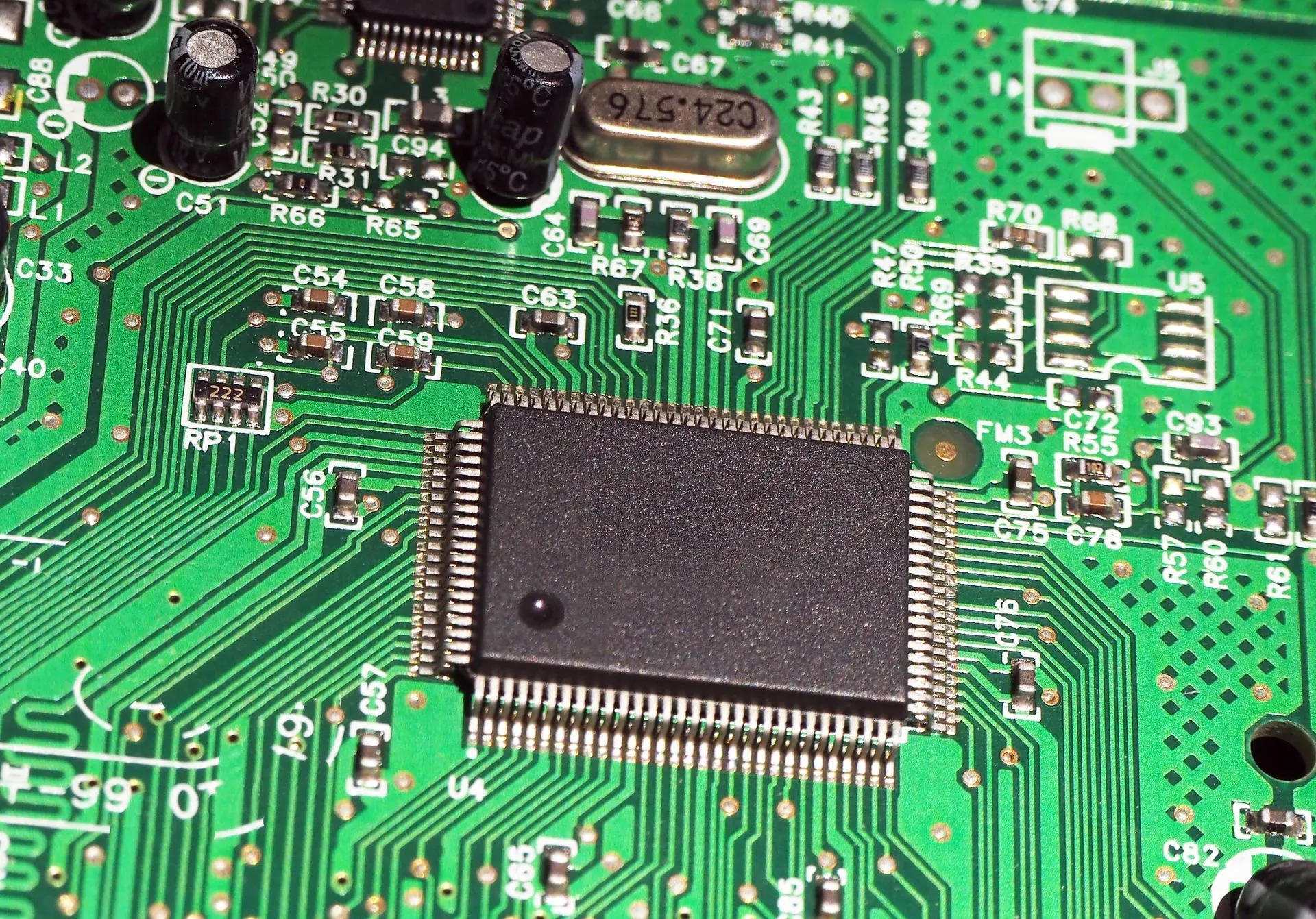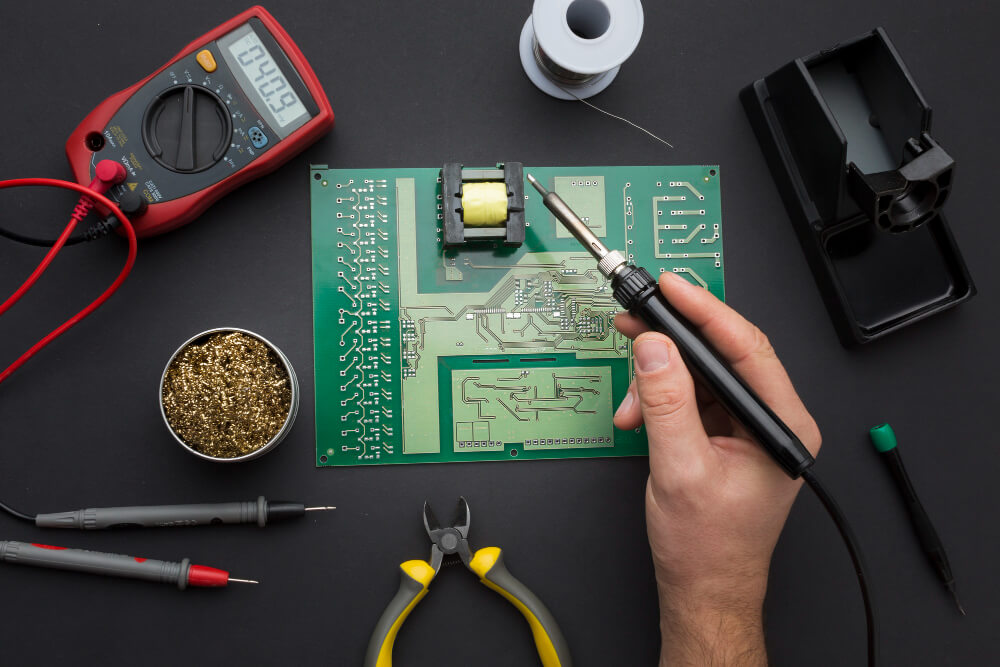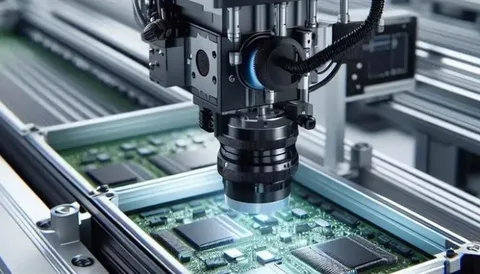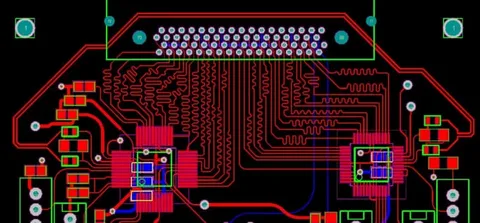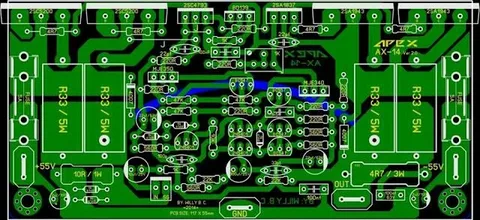In a world that moves faster with every passing second, precision engineering stands as the silent architect shaping the future of technology. Whether it’s the smartphone in your pocket, the electric car you drive, or the medical devices saving lives, precision engineering ensures that modern technology works seamlessly. Behind every innovation, there’s an intricate dance of design, measurement, and fabrication that must be perfect down to the microscopic level. Without precision engineering, the remarkable advancements we enjoy today would not exist — nor would the promising future that lies ahead.
What Is Precision Engineering?
Precision engineering refers to the design and creation of machines, tools, and components that must adhere to extremely tight tolerances. It combines aspects of mechanical engineering, materials science, optics, electronics, and metrology (the science of measurement). The primary goal of precision engineering is to develop systems and products that can operate accurately and reliably under a wide range of conditions.
From manufacturing microchips that power the world’s most powerful computers to developing intricate surgical instruments, precision engineering is at the core. It lays the groundwork for technological breakthroughs, setting the stage for a more interconnected and efficient world.
The Role of Precision Engineering in Modern Technology
Precision engineering doesn’t just create better products — it drives the future of technology itself. Here’s how:
1. Miniaturization of Devices
One clear trend defining the future of technology is the miniaturization of electronic devices. Think about how mobile phones have evolved: from bulky bricks to sleek smartphones that fit in the palm of your hand. This miniaturization would be impossible without precision engineering. As devices get smaller, every component within them — processors, batteries, sensors — must also become smaller, more powerful, and more reliable.
Precision engineers are crucial in designing and fabricating these microscopic parts. Their work ensures that devices are not only compact but also efficient and durable.
2. Enhancing Robotics and Automation
Robotics is another frontier where precision engineering is reshaping the future of technology. Modern robots, whether used in manufacturing plants, hospitals, or homes, require high-precision components to perform delicate tasks. For instance, surgical robots must make incisions with extraordinary accuracy, often finer than a human hand can achieve.
Precision engineering enables the creation of robotic arms with perfect movement control, sensors with ultra-fine sensitivity, and control systems that react instantaneously. As robots become more common, their capabilities will expand, thanks largely to advancements in precision engineering.
3. Advancing Aerospace Technology
Space exploration and aerospace technology heavily rely on precision engineering. Rockets, satellites, and spacecraft must be built to exact specifications because there is no margin for error in space. The harsh conditions of space — extreme temperatures, vacuum, radiation — mean that every component must be meticulously engineered for resilience and reliability.
Looking ahead, as missions to Mars and beyond become reality, the role of precision engineering will be even more pivotal. Building habitats, transport systems, and scientific equipment for use on other planets will demand precision beyond what we know today. In this way, precision engineering will be instrumental in the next chapter of the future of technology.
4. Revolutionizing Healthcare
Healthcare technology is undergoing a revolution, powered by precision engineering. From wearable devices that monitor heart rates and blood sugar levels in real-time to advanced imaging machines like MRI scanners, precision is critical.
Moreover, the development of nanotechnology for targeted drug delivery and minimally invasive surgeries are emerging areas that rely on precise control at the atomic or molecular level. As healthcare becomes more personalized and technology-driven, precision engineering ensures that treatments are safer, more effective, and more accessible.
This evolution directly contributes to the future of technology, where health and technology are seamlessly integrated.
5. Improving Renewable Energy Technologies
Another crucial area where precision engineering is leaving its mark is in renewable energy. Solar panels, wind turbines, and battery storage systems must be designed with exacting standards to maximize efficiency and longevity.
For example, in solar technology, the precision in crafting photovoltaic cells determines how effectively they can capture and convert sunlight into electricity. Similarly, wind turbines must be engineered to withstand extreme environmental conditions while operating at peak efficiency.
As the world pivots toward greener technologies, precision engineering will play a foundational role in ensuring that sustainable energy solutions are not only viable but dominant in the future of technology.

Precision Engineering and Emerging Technologies
Precision engineering is not just supporting existing technologies; it’s also catalyzing the rise of entirely new industries. Some of the most promising areas include:
Quantum Computing
Quantum computers operate on principles vastly different from traditional computers, requiring components built to atomic-scale tolerances. Precision engineering is vital to develop the cryogenic systems, quantum bits (qubits), and control mechanisms needed for this technology to become practical and scalable.
As quantum computing evolves, it promises to redefine the future of technology by offering unparalleled computational power for everything from scientific research to complex simulations.
3D Printing and Additive Manufacturing
3D printing, once seen as a novelty, is now a cornerstone of advanced manufacturing. Precision engineering ensures that 3D printers can create parts with exact specifications, especially in critical industries like aerospace, healthcare, and automotive sectors.
As additive manufacturing techniques advance, they will enable the production of customized products at lower costs, transforming industries and shaping the future of technology.
Internet of Things (IoT)
The IoT revolution — connecting everyday objects to the internet — hinges on the ability to create tiny, efficient, and reliable sensors and communication devices. Precision engineering ensures that these components are small enough to be unobtrusive but powerful enough to deliver real-time data.
IoT devices are expected to be everywhere in the future of technology, from smart homes and cities to intelligent industrial systems.
Challenges in Precision Engineering
Despite its transformative potential, precision engineering faces several challenges:
- Material limitations: As components become smaller and more complex, finding materials that meet performance and durability requirements is difficult.
- Cost considerations: Developing high-precision systems is often expensive, making widespread adoption challenging for some industries.
- Technological constraints: Advances in measurement, machining, and fabrication technologies must keep pace with design demands.
- Skill gaps: There is a growing need for engineers trained specifically in precision techniques.
Overcoming these hurdles will require continued investment in education, research, and collaborative innovation across industries.
Conclusion: The Road Ahead with Qual Pro
Precision engineering is the bedrock upon which the future of technology is being built. As industries evolve and new technological frontiers emerge, the demand for more accurate, reliable, and sophisticated systems will only grow. From medicine to space exploration, from clean energy to quantum computing, precision engineering will continue to be the hidden force driving progress.
Companies that understand and invest in precision engineering today are positioning themselves as leaders of tomorrow. Qual Pro stands at the forefront of this revolution, leveraging advanced precision engineering techniques to deliver cutting-edge solutions across industries. With a commitment to innovation, excellence, and continuous improvement, Qual Pro is not just keeping pace with the future of technology — it is helping to shape it.

